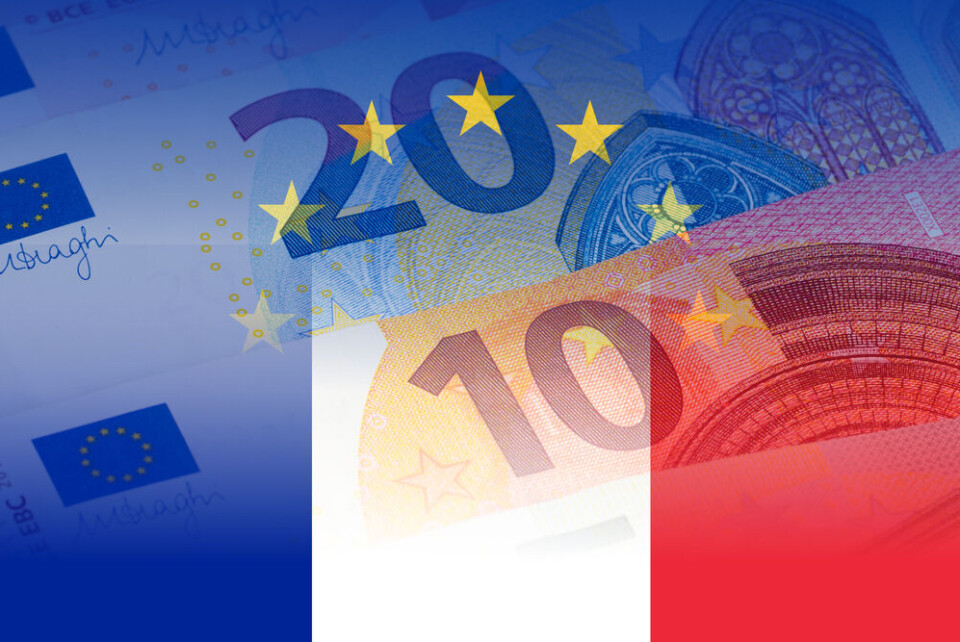-
More than a million people in France hit by bank account data breach
Account holders advised to check direct debits after cybertattack on national bank account register
-
€1.2m Dubai case ruling shows importance of knowing French tax residency rules
Couple ordered to pay backdated taxes to France
-
World corruption: France better than US but worse than UK
High-level public figures in France have a ‘feeling of impunity’, the ranking says
What is France’s ‘exit tax,’ who pays it and on what?
This tax is applied in certain circumstances to people who have been resident in France for at least six of the last 10 years and are now moving elsewhere

Who has to pay French exit tax and what is it payable on? C.G.
French ‘exit tax’, in certain circumstances, applies 12.8% income tax and 17.2% social charges to inherent capital gains that are as yet unrealised on the day preceding the date of a person’s departure from France.
The exit tax applies to taxpayers who have been a resident of France for at least six of the last 10 years, and if the net value of their shares and other (mainly, business) holdings, or those of their tax household, exceeds €800,000 or represents more than 50% of a company’s profits.
There is an automatic deferment of the tax (until the investments are actually sold) for those moving to an EU country, or one which has signed agreements with France to combat tax avoidance and evasion and for mutual tax recovery. This includes the UK. Where the tax is set aside, after two or five years abroad it is no longer payable.
The longer period relates to those with investments of €2,570,000 or more. After the same periods, any tax paid on departure is repaid, if the investments have not been sold.
This deferment is by request (with guarantees required) if departing to non-EU countries without agreements, and in this case the request needs to be made using form 2074-ETD no more than 90 days before departing.
In other cases, the same form should be sent in at income tax time in the year after you leave to the tax centre of the area where you used to live.
Shares liable for the tax now include those in companies that invest predominantly in property and that are liable for corporation tax on the date of the transfer of the person’s tax residence.
Related stories:
Bank accounts, gifts: Eight tips to help avoid a French tax inspection
Recap: 14 changes and updates for residents in France in February
Homeowners’ local tax to increase by at least 3% this year in France
























